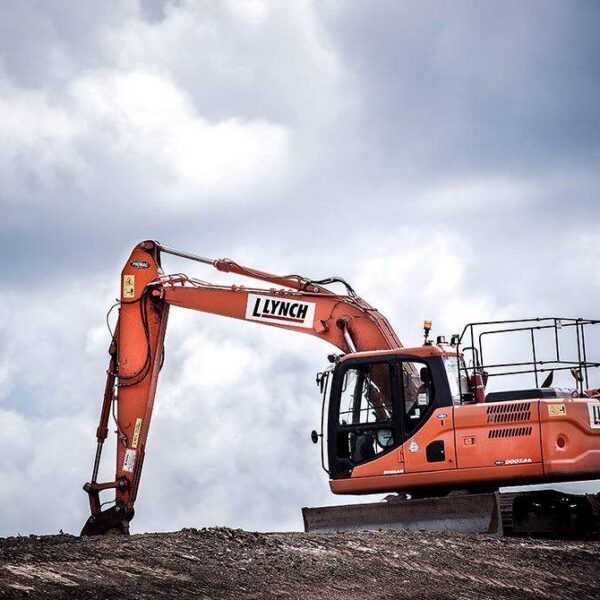Diesel
Diesel: Powering Progress, Driving Innovation
Diesel, a hydrocarbon-based fuel, has been an instrumental force shaping modern industry, transportation, and daily life. This remarkable fuel has undergone a fascinating evolution since its inception in the late 19th century, transforming the way we power our world. In this comprehensive exploration, we delve into the characteristics, historical significance, applications, and environmental considerations of diesel fuel.
Applications of Diesel Fuel: Diesel fuel finds widespread use across diverse sectors:
- Transportation: Diesel-powered vehicles, including trucks, buses, trains, and ships, are vital for the movement of goods and people globally. The long-range capabilities of diesel vehicles make them suitable for long-haul transportation.
- Power Generation: Diesel generators play a critical role in areas with unreliable or no access to the electrical grid. They provide backup power during outages and serve as the primary power source in remote locations.
- Industrial and Construction: Diesel engines power a wide array of industrial equipment, including bulldozers, excavators, cranes, and manufacturing machinery. Their robust torque and reliability make them well-suited for heavy-duty applications.
- Agriculture: Diesel engines are indispensable in modern agriculture, where they drive tractors, harvesters, irrigation systems, and other essential equipment.
Environmental Impact: While diesel fuel offers numerous advantages, it also presents environmental challenges:
- Air Pollution: Diesel engines emit nitrogen oxides (NOx) and particulate matter (PM), contributing to air pollution and potential health hazards. Stricter regulations and technological advancements aim to mitigate these emissions.
- Greenhouse Gas Emissions: Diesel combustion releases carbon dioxide (CO2), a greenhouse gas contributing to climate change. Efforts to reduce emissions include the development of cleaner diesel technologies and the promotion of alternative fuels.
- Emission Controls: Advanced emission control technologies such as diesel particulate filters (DPF) and selective catalytic reduction (SCR) systems have been developed to reduce harmful emissions from diesel engines.
Conclusion: Diesel, as a fuel, has been a transformative force in modern transportation and industry. Its energy density, efficiency, versatility, and reliability have significantly impacted our global economy and technological advancements. However, environmental concerns have prompted the development of cleaner diesel technologies and alternative fuels. Nevertheless, diesel remains a vital component of our daily lives, powering progress and driving innovation while contributing to our collective quest for sustainability and reduced emissions.



